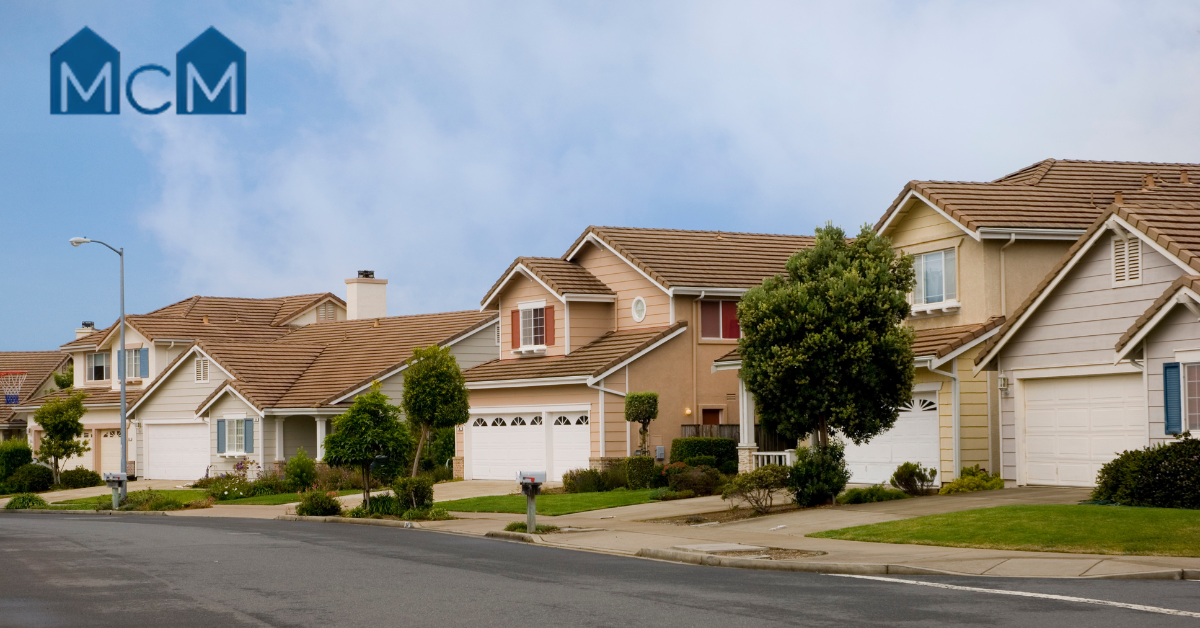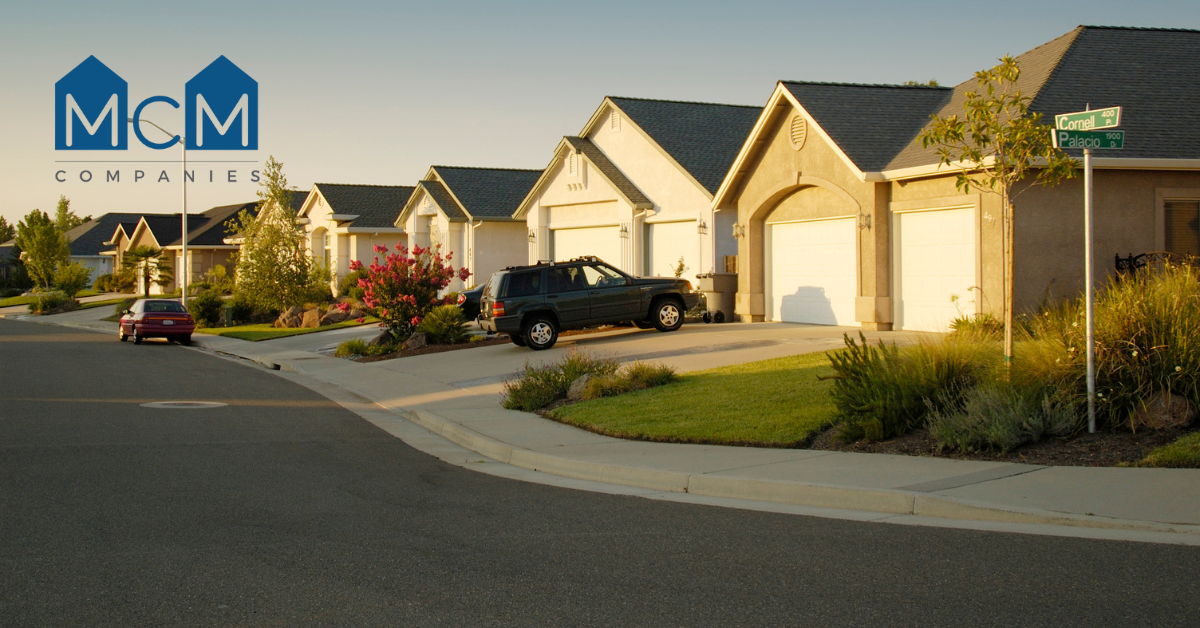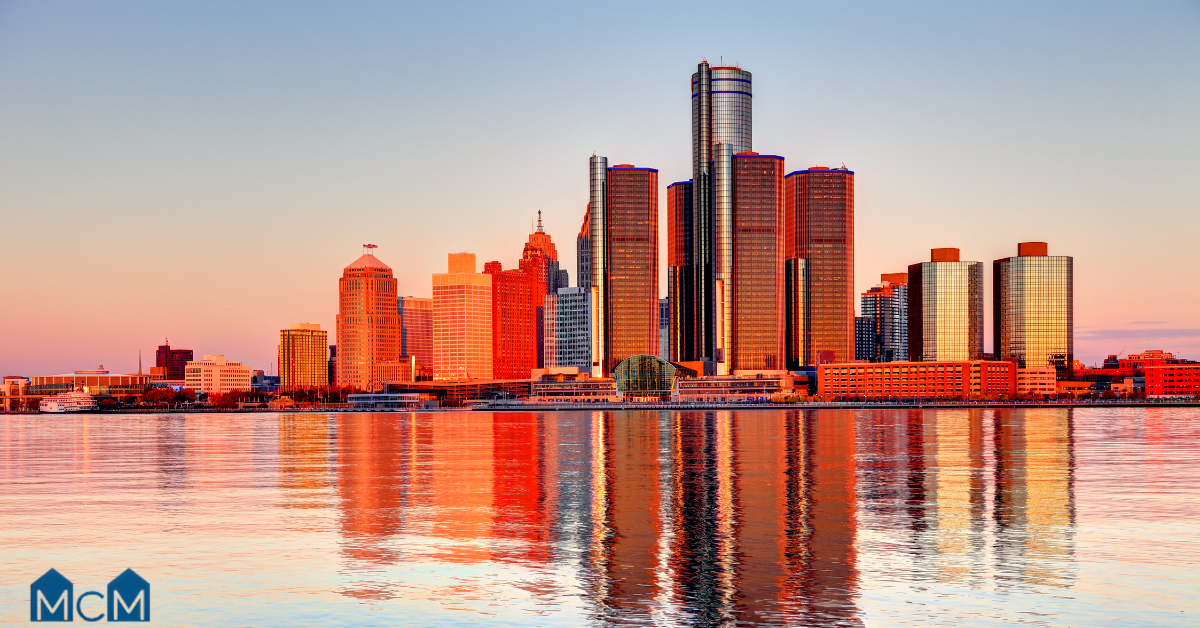How to Finance a Modular Home in 2024: Loan Application


The world of modular homes offers a unique blend of affordability, quality, and customization, making them a compelling alternative to traditional site-built homes. However, figuring out how to finance a modular home can seem overwhelming, especially to first-time homeowners.
In Part 1 of this blog, we explored the world of modular home financing. We unpacked the different loan options available and discussed the importance of building a solid financial roadmap. Today, we’ll delve deeper into the loan application process, help you navigate potential hurdles, and equip you to confidently secure financing for your dream modular home.
Demystifying the Loan Application Marathon
Obtaining financing for your modular home might seem daunting, but it can be a smooth journey with the right preparation. Think of it like a marathon — there are key steps to take before you hit the ground running with a formal loan application.
Document Gathering
This is where you assemble the necessary documents to showcase your financial fitness. This typically includes proof of income, such as pay stubs or W-2s for recent years and tax returns for the same period. Bank statements for the past few months will provide a snapshot of your current financial standing.
Your employer can also provide a verification of employment that confirms your current position and salary. Be sure to gather details about the property, including the purchase agreement and any relevant surveys. Having all this documentation readily available will streamline the pre-qualification and formal application processes.
Pre-Qualification
Based on the documents you've provided, your lender will next conduct a preliminary review of your financial situation. This includes factors like your income, debt-to-income ratio, credit score, and employment history.
The outcome of pre-qualification provides an estimated loan amount you may qualify for. This is a valuable tool for establishing a realistic budget for your modular home search. It allows you to focus your efforts on homes that align with your financial capabilities and avoid potential disappointment later in the process.
Formal Loan Application
Once you've identified your dream modular home and have a clear understanding of your pre-qualification range, it's time to formally apply for your loan. This is where you'll submit all the documents you gathered during the warm-up phase. Additionally, your lender will conduct a more thorough credit check to verify your financial history. The more prepared you are with your documents, the smoother this stage will be.
By gathering your documents upfront and understanding the pre-qualification process, you'll be well-positioned for a smooth transition into the formal loan application stage. Communication is also important. Don't hesitate to ask questions and keep your lender informed of any changes to your financial situation. This transparency fosters a strong lender-borrower relationship, which is crucial for a smooth and successful loan approval.
Conquering Loan Application Hurdles: Strategies for Success
Even the most savvy home buyers can encounter obstacles. Here's how to tackle some common challenges that might arise during the loan application process for a modular home.
Low Credit Score
Building a strong credit score takes time and dedication, but it's never too late to start. Consider obtaining a copy of your credit report and addressing any errors you find. You can also improve your score by consistently making on-time payments for existing debts and maintaining a low credit utilization ratio (the amount of credit you're using compared to your total limit).
Insufficient Down Payment
While a larger down payment can translate to a lower loan amount and potentially better interest rates, there are still ways to achieve your dream homeownership with a smaller down payment. In cases like this, you might want to explore government-backed loan programs, which often require a minimum down payment as low as 3.5%.
Complex Land Ownership Situations
If you're planning to build your modular home on land you already own, the process is generally straightforward. However, if you're considering purchasing land or using non-standard foundation types, working with a lender experienced in financing modular homes on various foundations is crucial.
Alternative financing options include seller financing or hard money loans. However, these typically have higher interest rates and stricter terms, so they should be considered a last resort.
Understanding Closing Costs
Crossing the finish line of the loan application process means reaching closing! But before celebrating, be aware of closing costs — the fees associated with finalizing your loan. These typically include several costs.
- Lender fees: This covers the origination fee, processing fee, and underwriting fee associated with your loan.
- Title insurance: This protects you against any ownership claims on the property.
- Appraisals: An appraiser determines the fair market value of your modular home to ensure the loan amount aligns with the property's worth.
- Inspections: Depending on your location and loan type, various inspections may be required, such as foundation inspections and site inspections.
Pro Tip: Budget for closing costs upfront. While some fees might be negotiable, having a buffer prepared can alleviate any financial surprises at the closing table.
Government Loan Programs: Your Potential Funding Partners
As we mentioned in Part 1, government-backed loan programs like FHA, VA, and USDA loans can be powerful allies in your journey toward modular homeownership.
FHA Loans
Backed by the Federal Housing Administration, FHA loans are a great option for first-time homebuyers or those with a lower credit score. They offer lower down payment requirements (as low as 3.5%) and potentially more flexible qualifying ratios than conventional loans.
For more information on FHA loan eligibility and program details, visit the https://www.hud.gov/fha website.
VA Loans
VA loans are a fantastic option for veterans and active-duty military seeking to finance their modular homes. Advantages of VA loans include no down payment for qualified veterans, competitive interest rates, and a streamlined approval process. However, to be eligible, you'll need to meet minimum service requirements and maintain a good credit score.
You can find more details and resources on VA loan eligibility on the Department of Veterans Affairs website at https://homeloans.va.gov/.
USDA Loans
Designed to promote homeownership in rural areas, USDA loans offer low to no down payment options for eligible borrowers. These loans come with residency restrictions — you'll need to live in a USDA-designated rural area.
You can explore program details and eligibility requirements for USDA loans at the https://www.rd.usda.gov/ website.
Remember, these are just general overviews. Eligibility requirements and program details can vary depending on your location and lender. For the most accurate and up-to-date information, consult with a qualified mortgage professional who specializes in financing system-built homes.
Find Your Dream Home with MCM Communities
Deciding how to finance a modular home might seem daunting, but with the right approach and understanding, it transforms into an empowering journey. Whether through FHA, VA, USDA, or conventional loans, the path to owning a manufactured home is lined with options and opportunities.
At MCM Communities, we understand the importance of this process. Our commitment is to guide and support you through every step, ensuring that your dream of homeownership becomes a reality. With a blend of expert advice, comprehensive resources, and a deep understanding of manufactured homes, we're here to light the way to your new home.
.svg)





